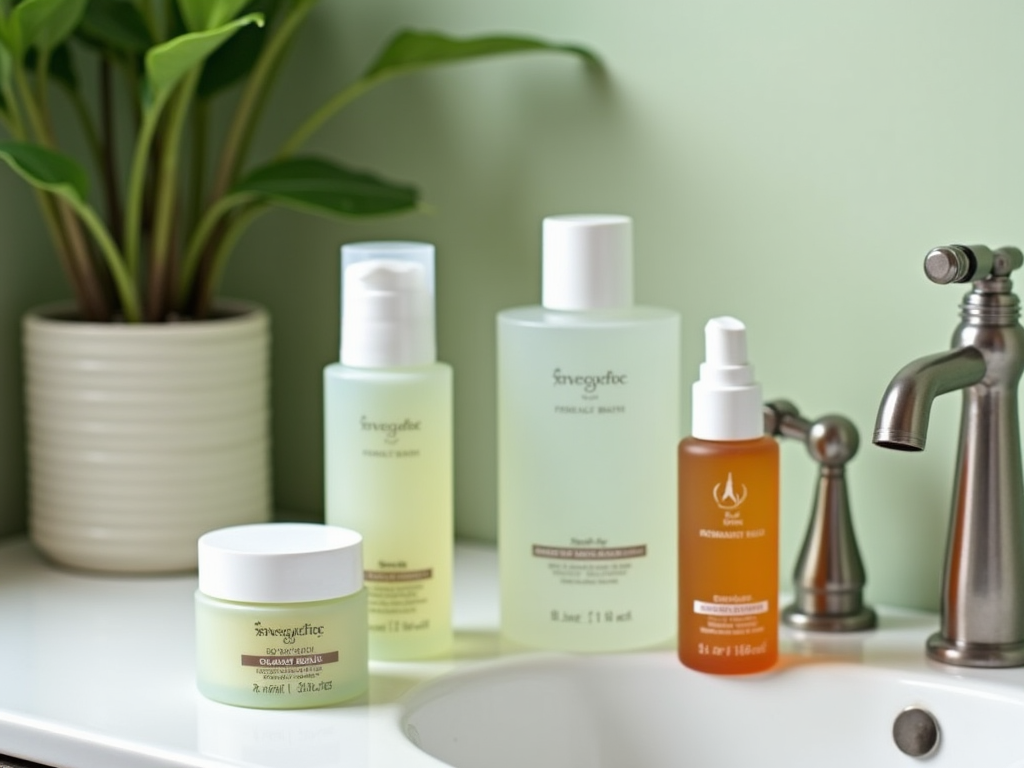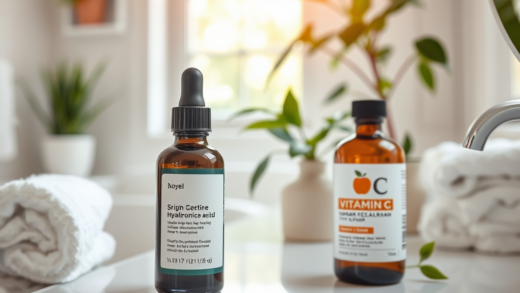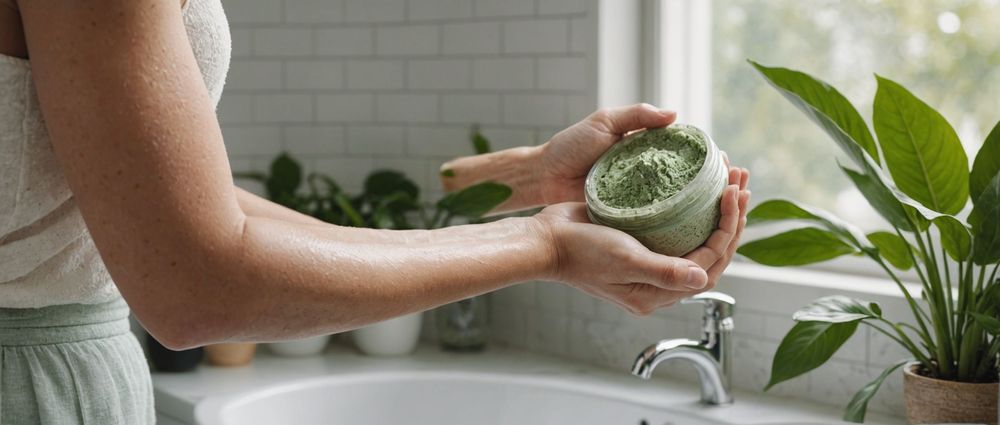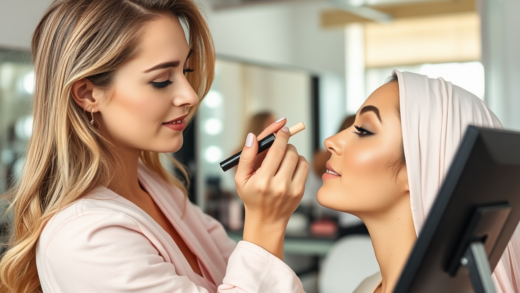Having oily skin can be a challenging experience, but with the right routine, it can be managed effectively. The key to managing oily skin is controlling sebum production without stripping the skin of its natural moisture. In this article, we delve into the ultimate skincare routine specifically tailored for oily skin, as recommended by our skincare expert. You’ll gather insights on the best products to use, the importance of consistent skincare habits, and how to achieve a balanced complexion.
Cleansing: The Foundation of Oily Skincare

A gentle, thorough cleansing is essential for managing oily skin. It is vital to select a cleanser that can effectively remove excess oil and impurities without causing irritation. Look for products containing salicylic acid or benzoyl peroxide, which help reduce sebum production while unclogging pores. Cleansing twice a day, in the morning and evening, is recommended to keep your skin free from dirt and excess oil.
Make cleansing a ritual by following these steps:
- Wet your face with lukewarm water.
- Apply a small amount of cleanser to your fingertips.
- Gently massage the cleanser into your skin using circular motions.
- Rinse off thoroughly with lukewarm water.
- Pat dry with a clean, soft towel.
Exfoliation plays a crucial role in any oily skin routine by preventing clogged pores and minimizing the appearance of blackheads. Aim to exfoliate your skin 1-2 times a week using a chemical exfoliant containing alpha or beta hydroxy acids. Be cautious not to over-exfoliate, as it can lead to irritation and increased oil production. Exfoliation helps remove dead skin cells, promoting a smoother texture and a more refined appearance.
Toning: Balancing Your Skin’s pH

Toner is often overlooked, yet it serves an important function in a skincare routine for oily skin. It helps to balance your skin’s pH levels and remove any lingering traces of makeup or cleanser. Opt for an alcohol-free toner that contains ingredients like witch hazel or tea tree oil, known for their astringent and calming properties. Apply toner using a cotton pad, softly swiping it over your face to ensure an even application.
Moisturizing: Locking in Hydration
Contrary to popular belief, moisturizing is a crucial part of a skincare routine for oily skin. Skipping this step can actually lead to increased oil production, as the skin compensates for a lack of hydration. Choose a lightweight, non-comedogenic moisturizer that provides sufficient hydration without clogging your pores. Gel-based or water-based moisturizers often work well for oily skin types, leaving a matte finish without the greasy feel.
Sun Protection: Safeguarding Your Skin
Never skip sunscreen, as UV exposure can exacerbate oiliness and lead to premature aging. Select a broad-spectrum sunscreen with an SPF of at least 30. To avoid clogging your pores, look for formulations that are oil-free and designated as “non-comedogenic.” Apply sunscreen every morning, even on cloudy days, to protect your skin from harmful UV rays and maintain a healthy, balanced complexion.
Conclusion
Achieving the perfect skincare routine for oily skin involves balancing oil production while ensuring the skin stays hydrated and protected. By sticking to a well-structured routine involving cleansing, exfoliating, toning, moisturizing, and proper sun protection, you can manage oily skin effectively. As long as you choose the right products and remain consistent with your regimen, having clear, healthy-looking skin is within reach.
Frequently Asked Questions
- Can oily skin benefit from using facial oils? Yes, certain facial oils like jojoba or rosehip oil can actually help balance oil production when used in moderation. They provide necessary hydration without clogging pores.
- Is it necessary to use a toner if I have oily skin? Using a toner can be beneficial for oily skin types as it helps balance pH levels and remove residual impurities. Opt for alcohol-free options to avoid over-drying the skin.
- How often should I exfoliate if I have oily skin? For oily skin, exfoliating 1-2 times a week is recommended to prevent blocked pores and excess oil buildup without harming the skin’s natural barrier.
- What’s the best type of moisturizer for oily skin? Look for lightweight, non-comedogenic moisturizers, such as gel-based or water-based formulations, that hydrate without leaving a greasy feel.
- Does sunscreen make oily skin worse? Use a non-comedogenic, oil-free sunscreen with a matte finish to avoid exacerbating oiliness while still providing essential sun protection.


